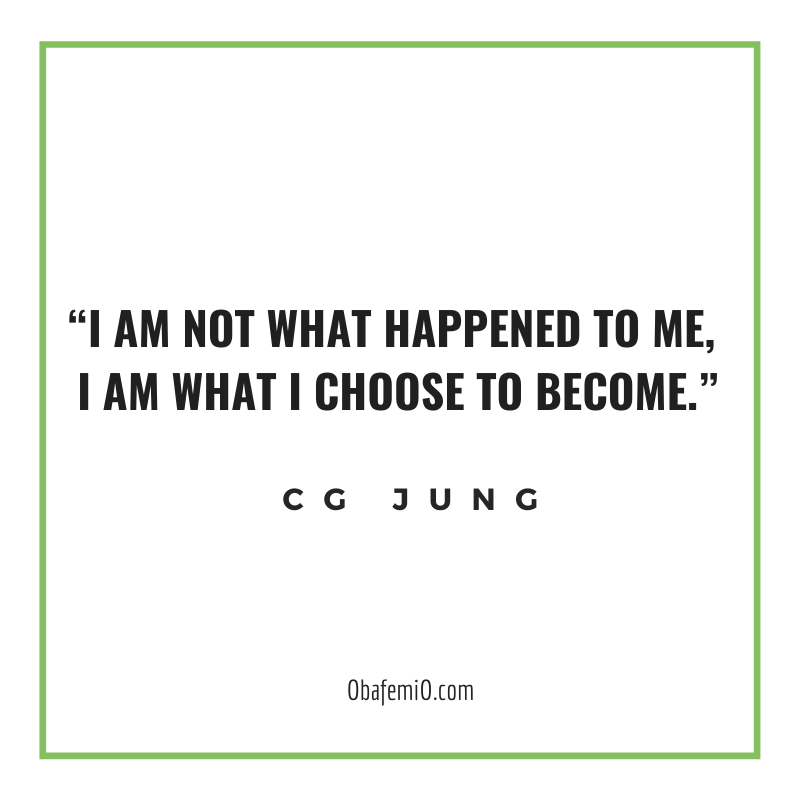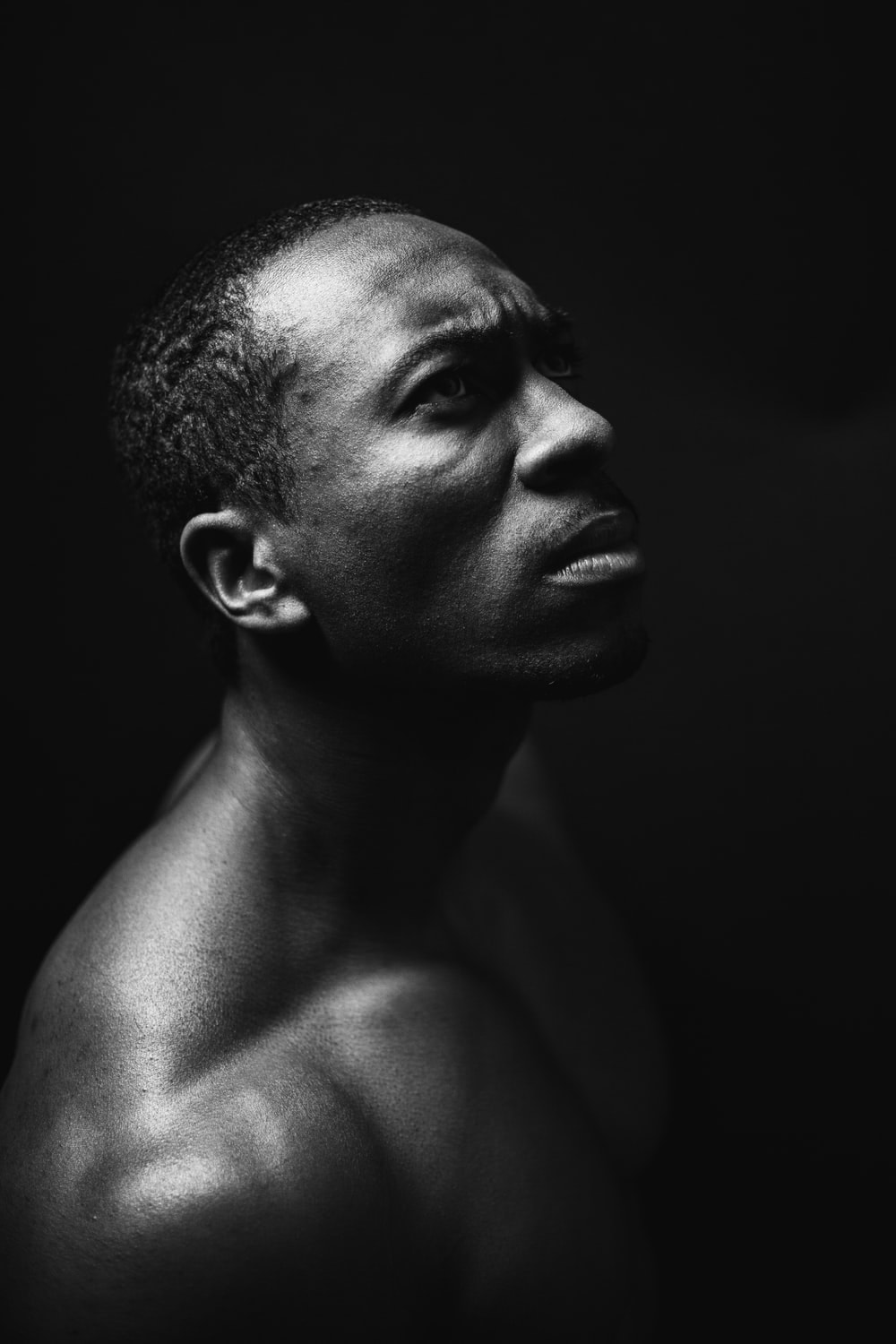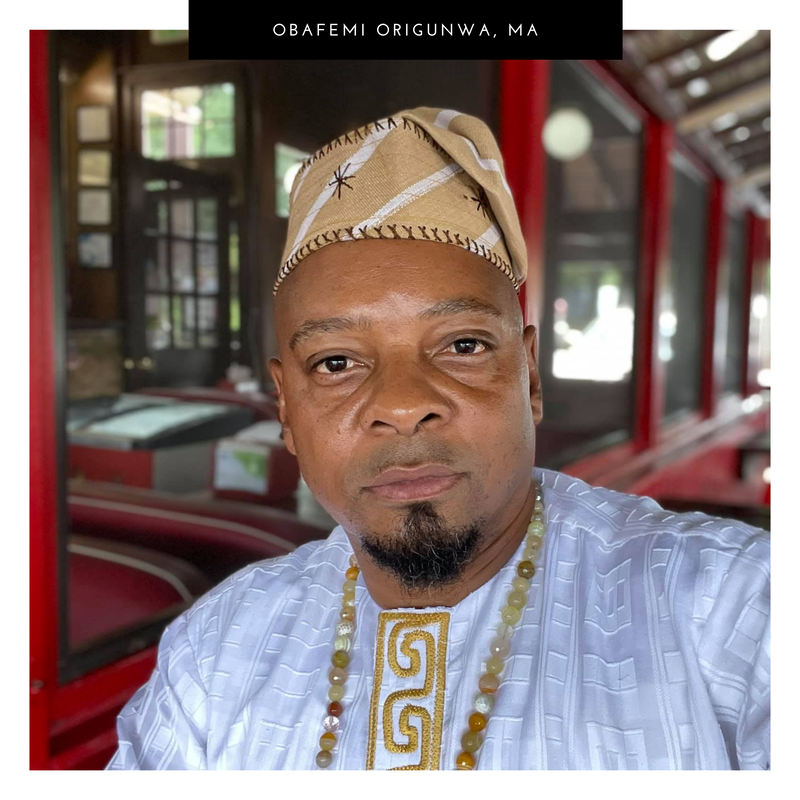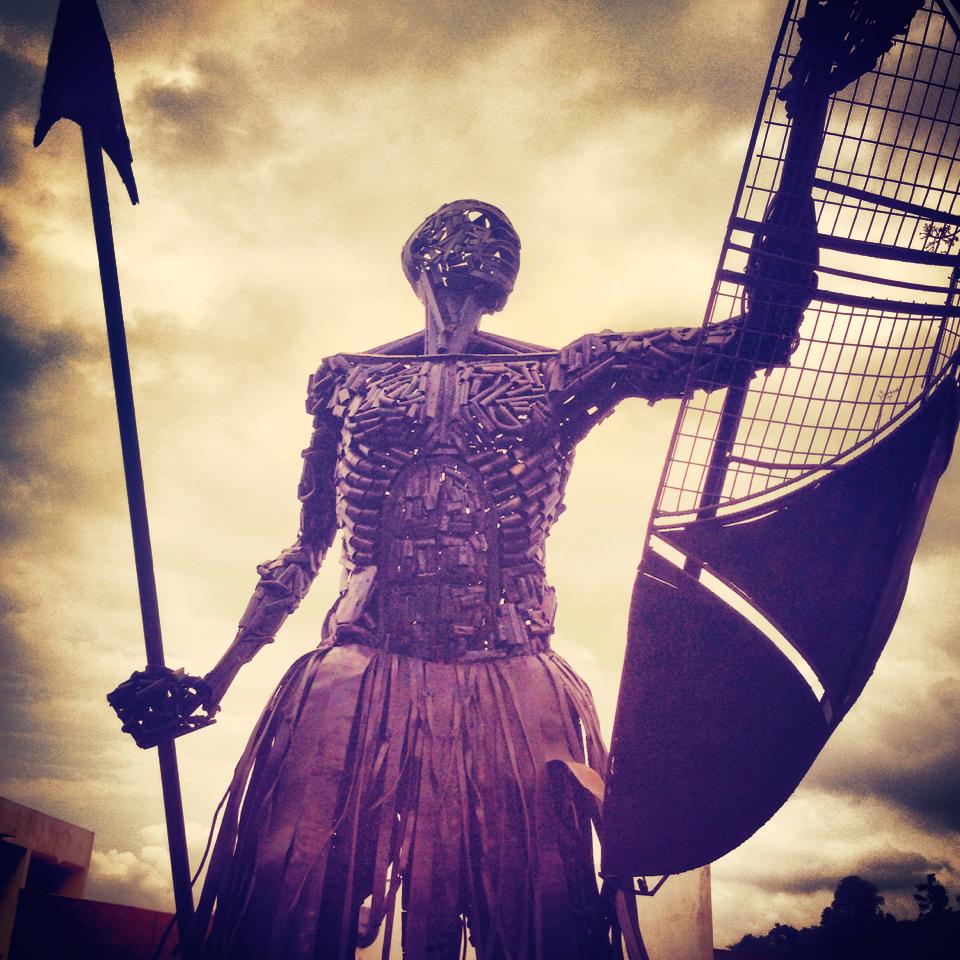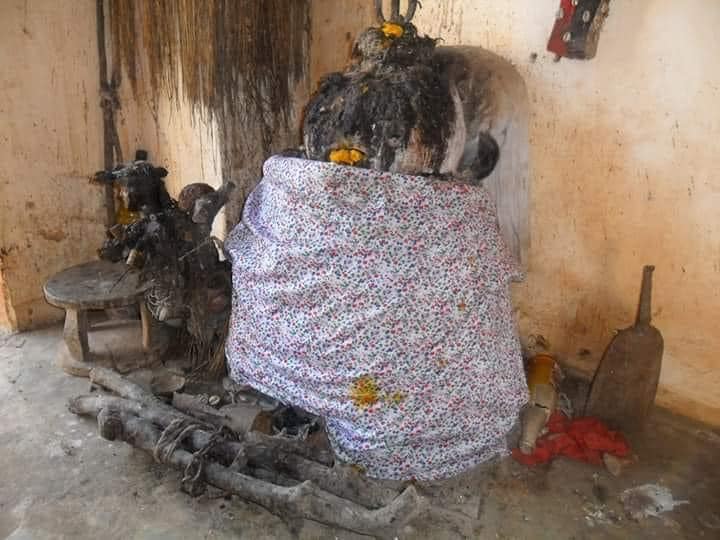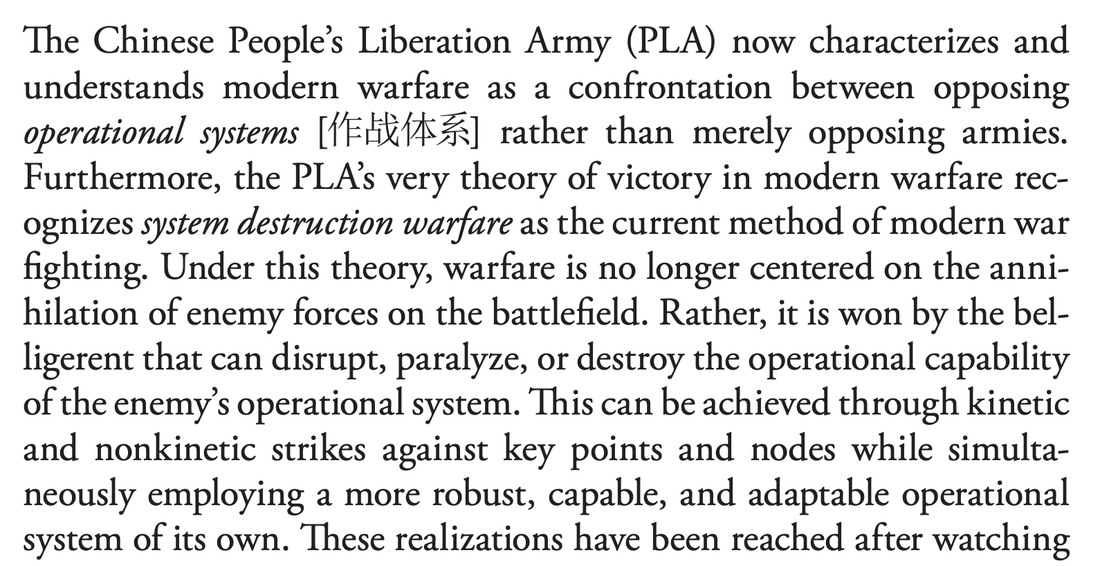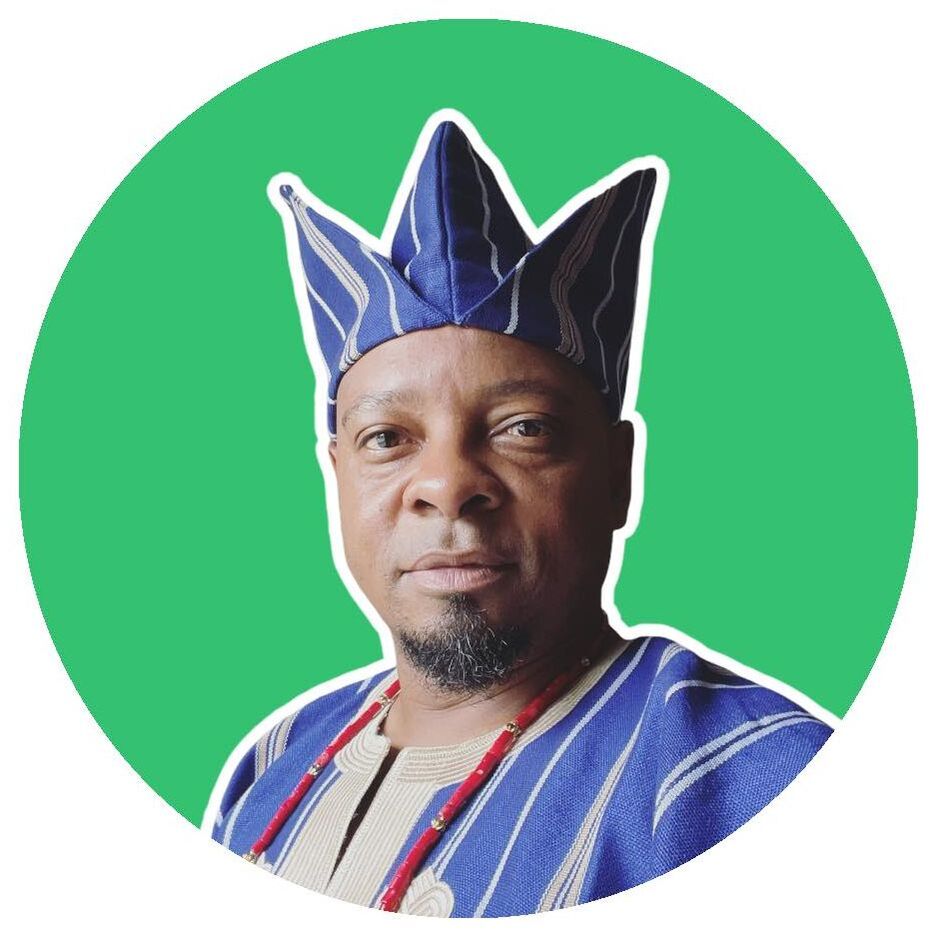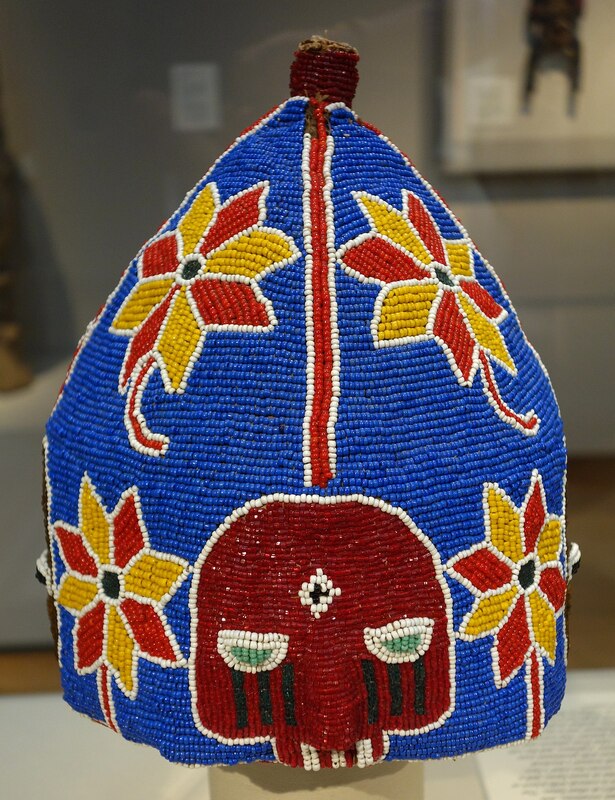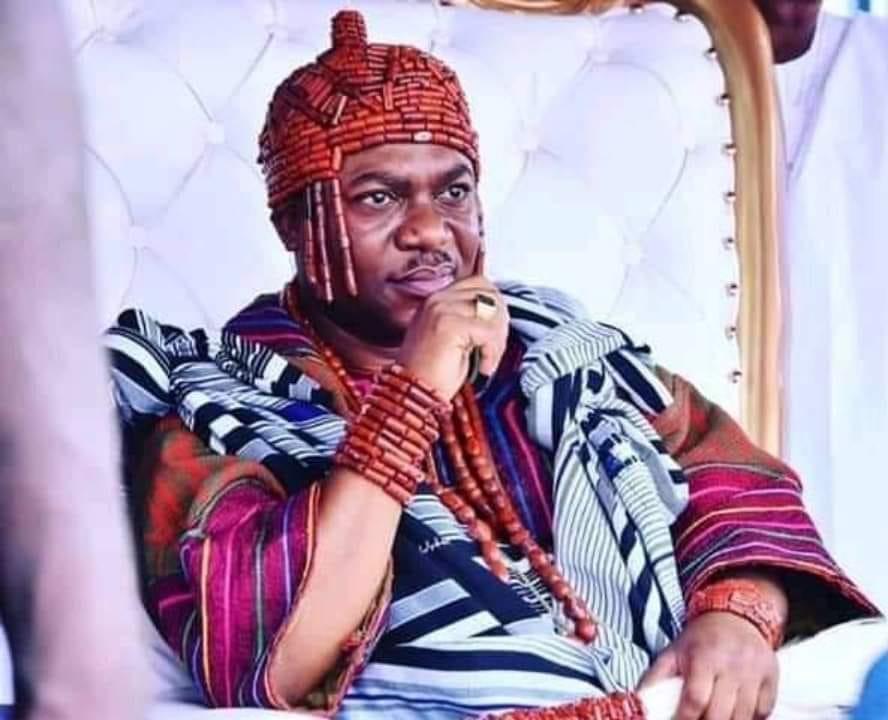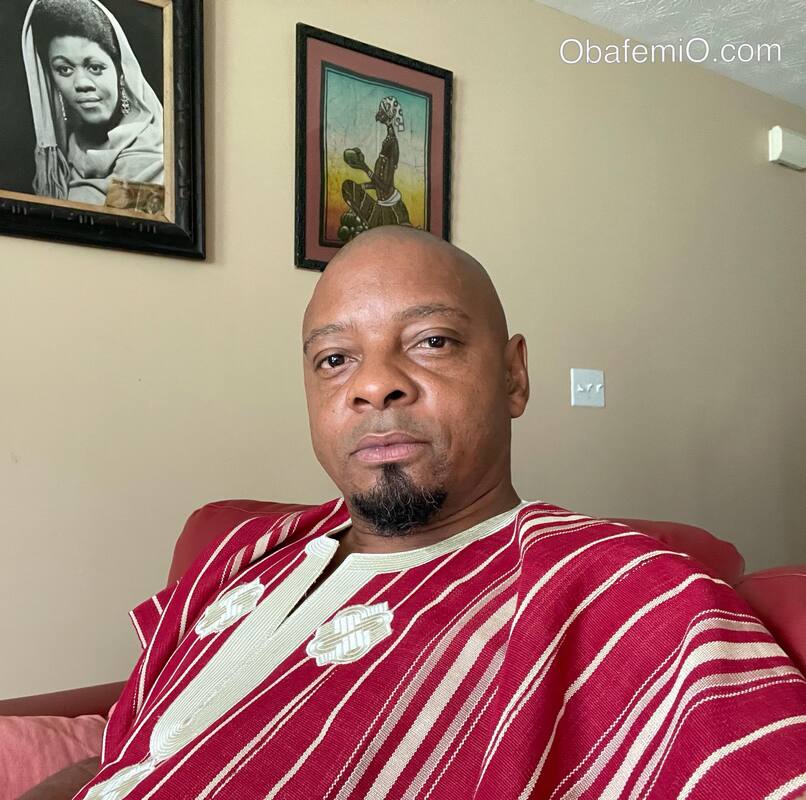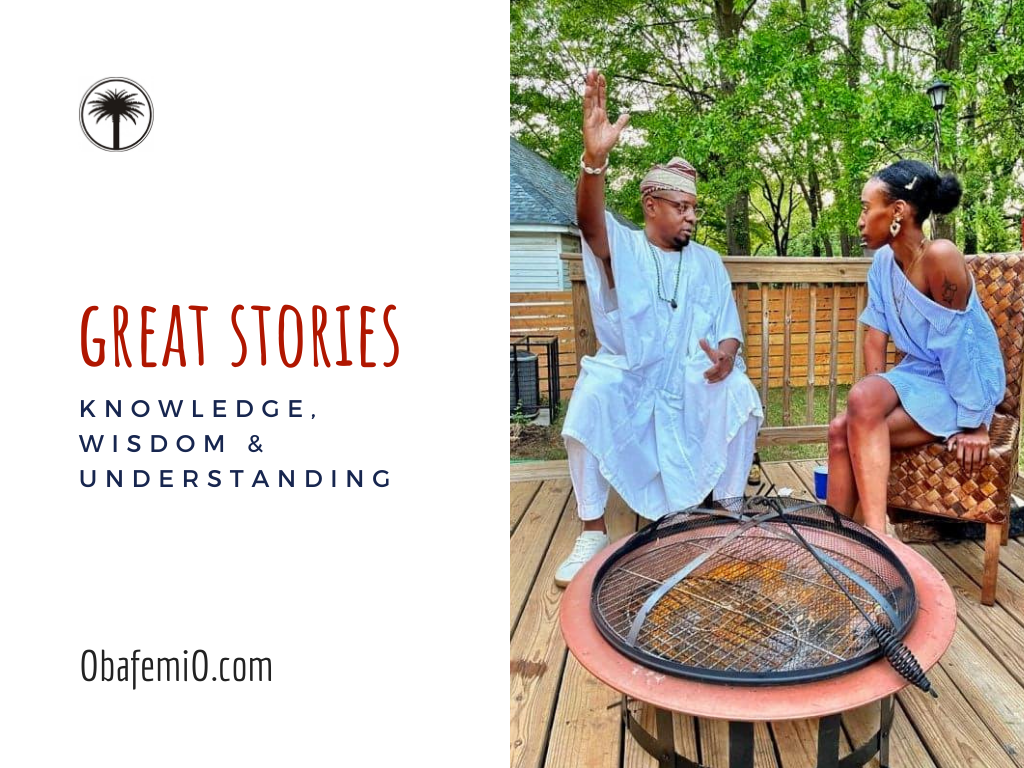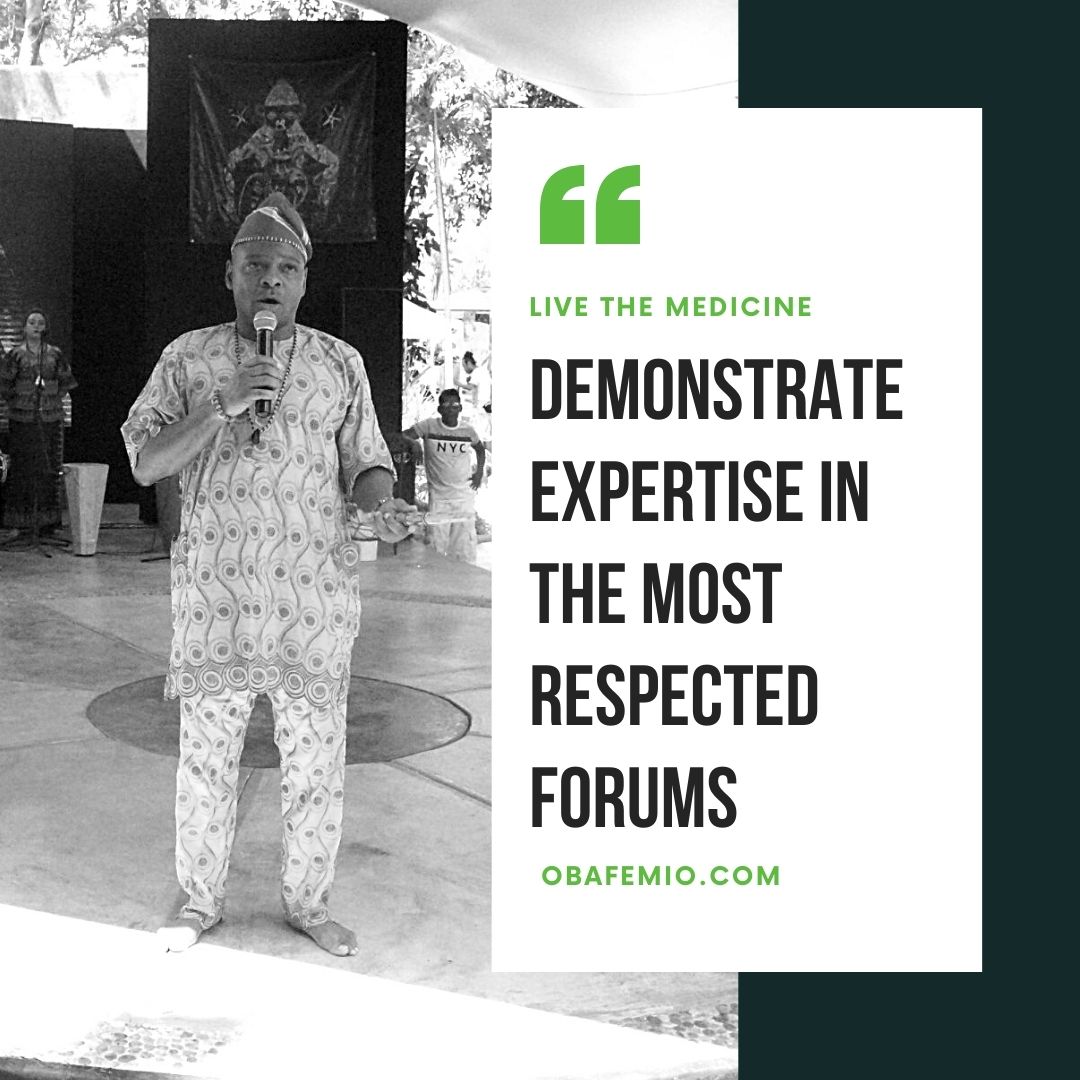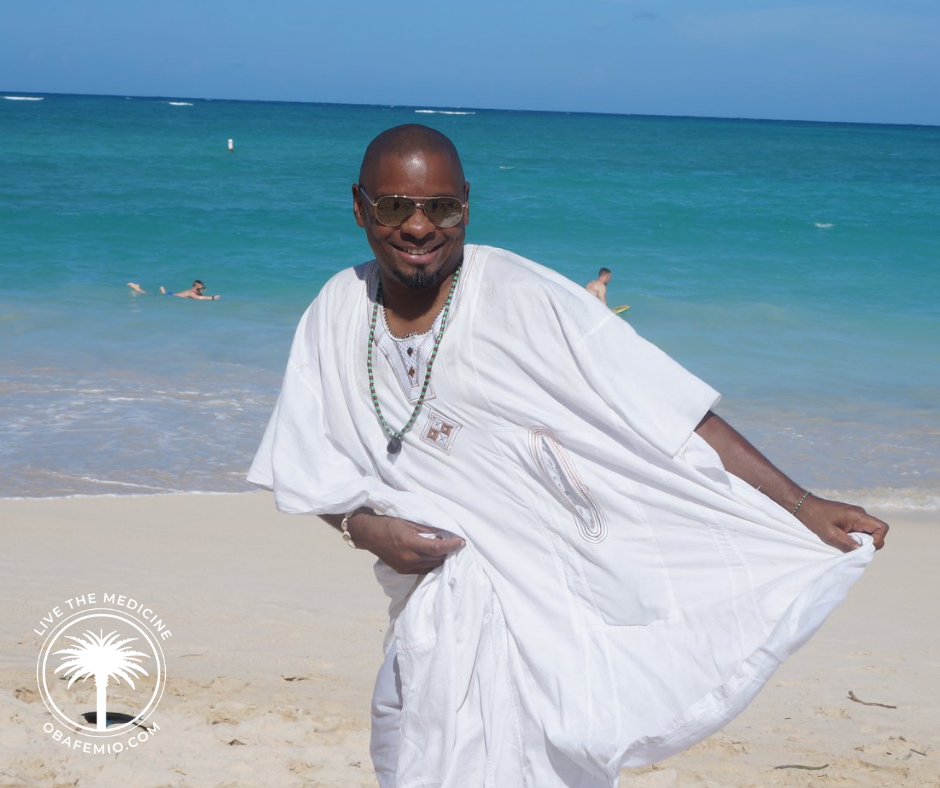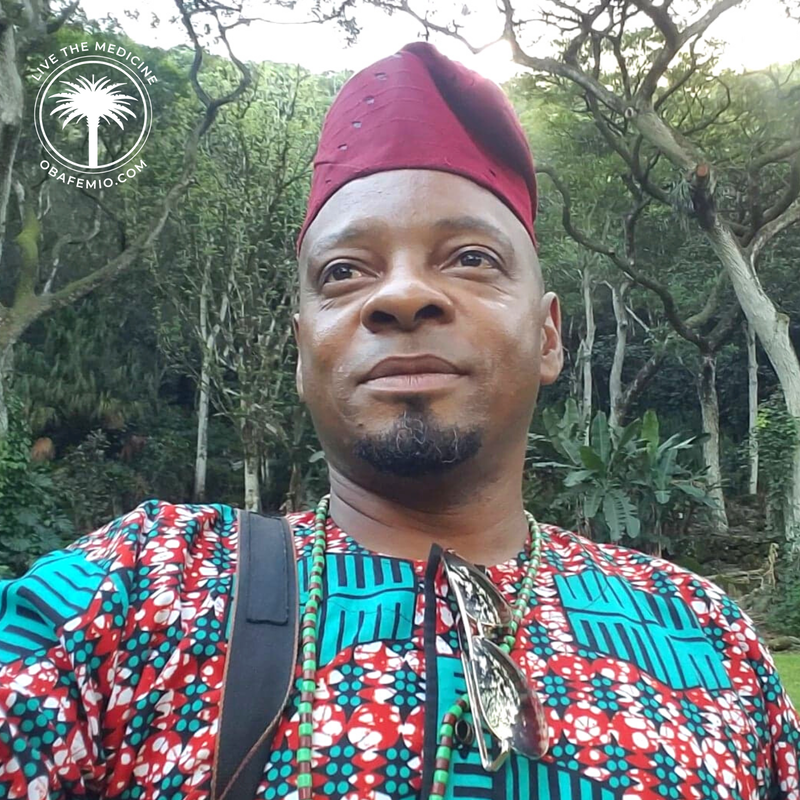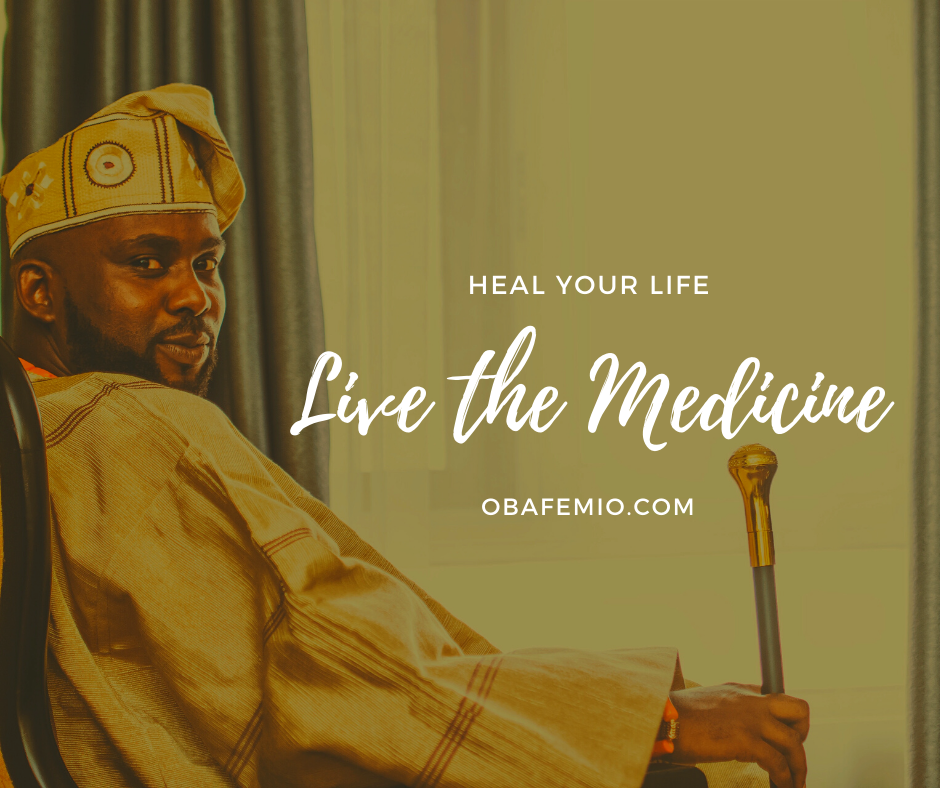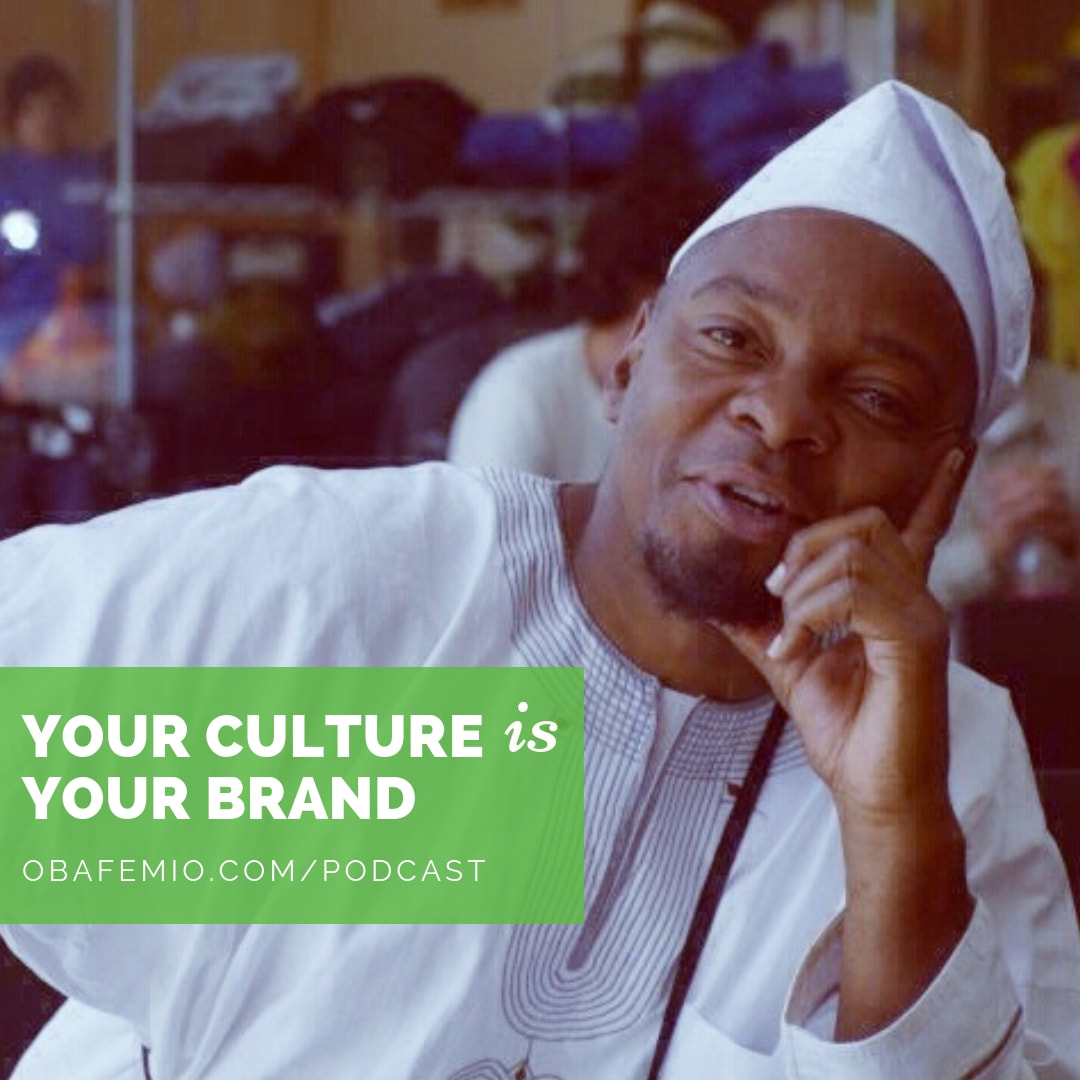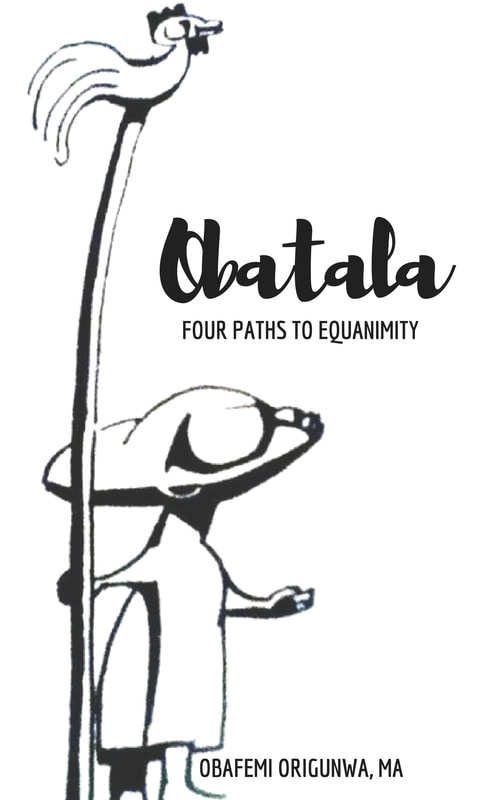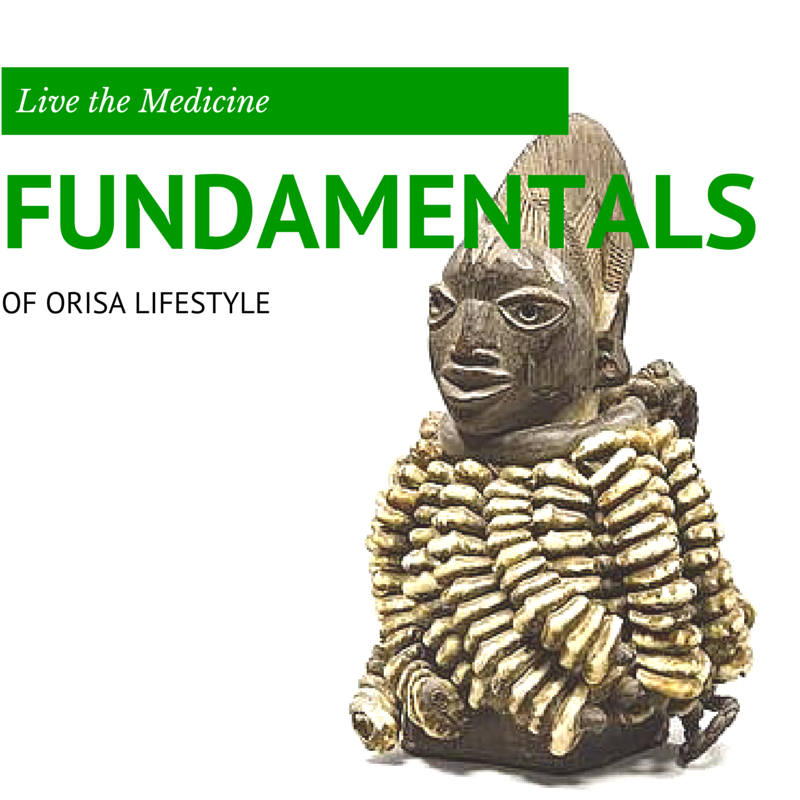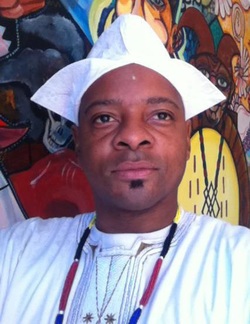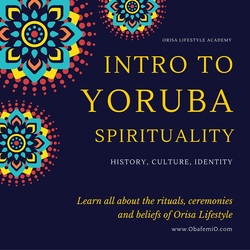|
EMBRACE THE HATE If you really want to be the king, let's start with a good reality check. Kingship is not a popularity contest. It's about rulership and governance. So, know this; it is better to be hated for who you are than to be loved for who you pretend to be... It's one thing to intellectualize the idea of embracing the hate, but it takes a considerable amount of resilience, courage and focus to endure hatred over time. According to an early 1968 Harris Poll, Dr. Martin Luther King, Jr died with a public disapproval rating of nearly 75 percent. [1] That means, that even though Blacks and Whites were as divided as humanly possible, many found themselves strangely unified in their hatred for Dr. King. In fact, it was a Black woman, Izola Curry, who tried to kill Dr. King by stabbing him in the chest with a letter opener. In spite of the intense hatred he experienced from others, Dr. King remained devoted to his mission to ascend the throne of destiny. PRICE OF THE CROWN Sometimes, the bad things that happen in our lives put us directly on the path to the best things that will ever happen to us. Being hated by the people you serve is one of the worst experiences a king can endure. For this reason, the installation of a Yoruba king actually begins with ritual humiliation. When the prince of Orangun Ila (a Yoruba kingdom) is poised to ascend the throne, he must first endure a hardship along the way. He goes before the Obaale, with whom he swears an oath to govern with wisdom and, if necessary, sacrifice his life for the well-being of the kingdom. Next, he journeys to the shrine of the Ebora (deities) of Ila, where is installed as the ALANWO, which connotes something forbidden, that which is taboo, or a place that cannot be entered. For the next three months, the would-be king lives in limbo. He will travel to a new house by night and become a stranger to his kin. Not only that, once he is formally installed as the Orangun of Ila, he will never be allowed to return to his family compound. The entire ordeal is captured in a verse of the Holy Odu OgundaMeji, which details the painful journey to becoming the king: Benevolence is not futile Wickedness is not forgotten The act of benevolence without showing appreciation in return Is like one has lost valuable things Cast divination for Àgànná Who will be enthroned as the King of the town of Òkò after the death of his father What made Àgànná become the King? Benevolence made Àgànná the King Benevolence - Holy Odu OgundaMeji The Olókò is the King of Òkò. But he was childless, which meant he had no heir. His senior wife feared that she would be blamed for the absence of an heir. So, she convinced the Olókò to take a slave as his consort, hoping to embarrass the king and absolve herself at the same time. The slave, however, became pregnant and gave birth to a boy. The king named him Àgànná, which means 'Joy of the barren.' In quick succession, all the kings wives became pregnant, including the senior wife. Now, since Àgànná was the heir apparent of the Olókò, the senior wife was displeased because she wanted her own son to ascend the throne. So, she conspired to have Àgànná and his mother banished from the palace on the grounds that they were actually slaves. And so, Àgànná and his mother were forced to live in the forest. Years later, during the king's annual festival, the Olókò died. And when the kingmakers queried Ifa as to who would replace him, all the princes in the palace were rejected, one by one. Finally, an elder chief said, "What about Àgànná?" As soon as the babalawo asked, Ifa confirmed; Àgànná is to become the next Olókò. The royal guard went to the forest, where Àgànná and his mother lived. They brought with them a royal insignia, which they planted inside of Àgànná's bag. They then demanded to inspect the bag and pretended to have found the insignia. The guards shouted out loud, "THIEF! Àgànná is a thief!!! He has stolen the royal insignia from the palace!" They dragged Àgànná through town, shouting, "We have captured a thief today! Àgànná is a thief!" Soon, the entire town had gathered. The people hurled insults at Àgànná. He wept bitterly in the face of the public humiliation. They then dragged Àgànná into the palace, where he assumed he would be executed. They blindfolded him. They ripped his clothes from his body. They abused him. But then, to his surprise, they bathed Àgànná. They draped him in fine cloth. Still blindfolded, they lead him to a place where he could hear many voices. They sat Àgànná in a large chair. And when they finally removed the blindfold, he could see the entire kingdom had gathered. The kingmakers placed the crown upon his head and everybody knelt before him and proclaimed, kabiesi (your royal majesty)! And so, after ritual humiliation, Àgànná became king. SACRIFICE FACILITATES MATURITY
Ritual humiliation is an experience that a king must suffer, for ‘The head of the elephant is not a load to be carried by a child’. (Atari ajanaku kiise eru omode). This is a proverb that is recited to remind you that power requires sacrifice; sacrifice facilitates maturity. A king's head must be specially prepared to carry a heavy load. Let us consider the teachings of the Holy Odu OturaEguntan: They did much evil to me I am not tarnished; they cannot overcome me They are cursing, swearing and wishing me evil OturaEguntan said that I should not be afraid, nor fear them He promised to mend my ways so that I may have a better life He said my life will be prosperous It is OturaEguntan who washed my head for me So that no curse, imprecation, charm or spell will affect me - Holy Odu OturaEguntan Here, we see the importance of preparing one's ORI for rulership and governance. Traditionally, the king’s authority reflects the divine will of Olódùmarè. As such, he is crowned with a power like that of the gods i.e., Kaabiyesi Alase ekeji òrìsà. “Among all Yoruba people the Ade (Crown) is the principal symbol of a king's authority. The Crown is an Òrisà when it is placed upon the head of the king. His Orí inu (inner head) becomes one with those who have reigned before him and who are now Òrisà. There is an ancient story that says that before he died, Oduduwa, the founder and first king of Yoruba people gave a beaded crown (Ade) to each of his sons and sent them forth to establish their own kingdoms. Another version, with many variations, states that when Olofin Oduduwa was old and almost blind, his sons adopted their father's crown (Ade) knowing that with the authority of Ade, they can establish their own kingdoms.” [2] Ori is the one that performs prenatal choice, which we call akunleyan. Washing the ori signifies the restoration of your destiny. Thus, when you are aligned with your prenatal choice, you are beyond the reach of those who would attempt to harm you. Suffer as you may, focus relentless upon your destiny and you need not fear ten thousand curses. Ultimately, your prenatal choice becomes your life experience. THE WARRIOR KING The warrior king is celebrated for his unique ability to conquer on the battlefield and govern the state with equal acuity. The history of early Yoruba civilization is filled with epic tales of such kings, who had the courage, determination and military skills to dominate otherwise fragmented collections of villages and towns. In fact, the most highly-revered orisa were renown warrior kings. Ogun, Sango and Obaluiye were all skilled in battle, as well as statecraft. As such, it is impossible to fully venerate these divinities without also embodying their military and political prowess. Let's examine the exploits of the 19th century warrior king, Esubiyi, whose rise to power reveals three distinct phases of dominance demonstrated by other warrior kings of Yoruba land. PHASE ONE: TAKING THE CROWN Esubiyi was a man of exceptional birth. His father, Onimogun, was a renowned babalawo, hunter and herbalist who belonged to the royal family of Ikole. Onimogun went on to settle in Iye kingdom. There, he divined for the king, telling him that the princess was barren, which would cause her husband to reject her. When this manifested, Onimogun took the princess to be his bride. She bore him many children. One of these children would distinguish himself from all others, however. Tradition says that the princess of Iye was pregnant for seven years, which eventually prompted her to go to the Esu shrine of Ijelu town. There, she propitiated Esu for a safe delivery. Eventually, she gave birth to a son with a full set of teeth. The boy was named Esubiyi, which means, "Esu gave birth to this one." Esubiyi grew up to become an accomplished herbalist, babalawo and warrior, like his father. By the year 1860, he had earned a reputation for being a great war chief who effectively defended the northeastern region of the Ibadan empire. In his rise to power, Esubiyi would eventually seize the throne of Ayede kingdom and establish a new ruling dynasty. During the Yemoja festival, Esubiyi went into the sacred grove, where a crown had been hidden. Recognizing the sacred object and the power it symbolized, Esubiyi was drawn to it. Not only that, he put the crown upon his head. As soon as he did so, his followers praised him, "Kabiyesi, Ata Ayede," which means, "Your royal highness, king of Ayede." By 1878, the warrior king, Esubiyi would conquer many surrounding towns, including Irele, Ipao, Oke Ako, Ogbe and Omu. These towns became subordinate to Ayede and were forced to provide labor, building materials and agricultural products. During Ayede's Orisa festivals, for example, the subordinate towns were required to provide palm oil, palm wine, yams, kola nuts and other sacrificial items. PHASE TWO: SUPPRESSING CIVIL TRADITIONS As soon as Esubiyi took the throne of Ayede, he set out to completely rearrange the population and social order. On one hand, he brought the entire population of Iye with him, and imposed Iye's four quarters onto Ayede:
Simultaneously, Esubiyi accepted large numbers of strangers and refugees from other neighboring kingdoms. This required the creation of two new quarters, which surrounded the Iye core. In this way, Esubiyi virtually absorbed the indigenous population of Ayede. More importantly, Esubiyi deliberately suppressed Iye's dominant civil chieftaincies, replacing them with his own military positions and strategically recruiting strangers into offices of political authority. An Iye chief, whose title had been revived in Ayede describes Esubiyi's statecraft: He purposely refused to resuscitate all chieftaincies we had in Iye. He had no council of chiefs. He had a council of war chiefs and he made sure he had a majority of these chiefs selected either from his household, or from the stranger elements... PHASE THREE: LAUNCHING SPIRITUAL REVOLUTION Esubiyi's civil revolution made waves in the spiritual life of Ayede as well. In Iye, the entire kingdom had traditionally worshipped Orisa Olua, who revitalized the power of the Olu (king). In Ayede, however, Esubiyi limited Oluwa to Owaiye Quarter. He then elevated Orisa Ojuna and Yemoja to a position of primacy in Ayede kingdom. Esubiyi brought Orisa Ojuna from his paternal lineage and Yemoja from Ibadan. He used these deities to overwhelm the other religious practices in three ways:
POWER SYSTEMS
Esubiyi, the warrior king of Ayede, is a clear example of how power is acquired, maintained and expanded. By taking the crown, he legitimized his military expansion and conquests. Next, by integrating large percentages of diverse populations, Esubiyi destabilized potential contenders and set the stage for imposing a military administrative structure. Finally, by relegating the former religious order to a single quarter, he made it possible to elevate a spiritual practice that would favor his rule. Esubiyi's three phases of dominance demonstrate one way in which Orisa Lifestyle reaches its fullest expression to the extent that we, the devotees, apply the principles of Yoruba civilization in our day-to-day lives. NOTES: Apter, Andrew. Black Critics and Kings Origunwa, Obafemi. Fundamentals of Orisa Lifestyle The Yoruba say, "Not all men are created equal; let the fingers on your hand be your guide." In like manner, not all crowns are created equal. More specifically, there are three ranks of oba (traditional rulers) in Yoruba land:
Primacy, Patronage & Protection All three ranks of oba share certain attributes. Most noteworthy among them is primacy. For example, the Deji of Akure is praised as "Offspring of the leopard who strides unrestrictedly throughout the palace." This kind of praise lets us know that the oba is the principal occupant of the palace. Everything and everybody who dwells within the king's abode is meant to provide for his needs and comfort. For an artist, to serve at the king's pleasure is to enjoy access to the highest quality resources. This includes technology, equipment and materials. Weavers, bead workers and carvers were among the artists who worked and lived within the many courtyards of the palace. Drummers, singers and flautists were a special category of artists who spent time in the palace because they were responsible for awakening the oba to the sounds of praise poetry, song and dance. The palace provides the kind of structure and order that enables creative experts to focus on their crafts under the most comfortable conditions. In this way, the king is synonymous with patronage. Similarly, anyone in a vulnerable position could seek what is known as asa foriji (permanent refuge) within the walls of the palace. Upon arrival, such a person was required to announce their intentions. In Abeokuta, for example, someone seeking asylum in the palace would cry out at the top of their lungs, saying; "I kneel before you, oh king Alake! Save and deliver me!" Then, they would run to one of the pillars in the main courtyard and embrace it tightly. Thus, these individuals were recognized as dipomu, pillar embracers. Once someone became dipomu, nobody could lay hands upon them. Hence forth, in exchange for his absolute protection, they were devoted to the king. Achievers, Supporters & Bystanders
Yoruba kingship and its palace culture represent a traditional power system. Like all power systems, it is designed to conduct energy from one place to another. In this case, Olodumare is the source of royal power and the various courtyards function as outlets through which energy flows into those who inhabit the palace, the most important of whom is the oba. Anybody who aspires to greatness gravitates toward the king, whose presence is synonymous with achievement. It is by supporting the king that the most talented and ambitious members of the society distinguish themselves from those who are less productive, as well as those who are actually destructive. In the Holy Odu OgbeOfun, Ifa teaches us how, in the same way there are categories of crowns, there are also categories of people: Ajitu gbaye Arin ginniginni gbayi Oji ni kutu kutu r’ohun oro sari gbon lo orun They cast Ifa for Orunmila When coming to the earth They also cast Ifa for the human beings When coming to earth They were divided into three groups: The Achievers Those who accompany the achievers And the bystanders They were also coming to do three things on earth They were coming to do good They were coming to do evil They were coming to do neither good nor evil Aase-Moga-Moga ki i ri ohun oro se aringbo lo He was the Awo who Cast Ifa for Agboniregun When going from earth to heaven to make inquiries from Olodumare Why would Olodumare create three groups with Three distinct characters at the same time? These groups that exhibit different traits will not be able live together without friction With friction, someone is bound to get hurt Olodumare responded that it was a way of knowing human attitudes - Holy Odu OgbeOfun And so, Ifa reveals the fact that this world is designed to test humanity. By placing different categories of people together, Olodumare intends for leaders to identify the achievers, supporters and bystanders. Likewise, we are called to recognize those who stand for good, those who stand for evil, and those who stand for neither good nor evil. Finally, the greatness of the kingdom is realized through kings who are committed to achieving excellence by attracting other achievers and supporters who are destined to do good. I am looking for leaders who are devoted to improving the world through positive influence. Is that you? If so, find out how Obafemi Origunwa and the Orisa Lifestyle Academy can help you upgrade your life and your practice. Learn more: ObafemiO.com Notes: Ojo, G.J.A. Yoruba Palaces Origunwa, Obafemi. Fundamentals of Orisa Lifestyle THE KING, POWERFUL AS AN ORISA
The Yoruba practice divine kingship, through which the monarch is recognized as a living representation of the Orisa. Consequently, the king enjoys absolute authority. He owns the land and all who dwell upon it. Whatever the king demands is what shall be done. In Oyo Kingdom, for example, Alaafin Odarawu ordered the destruction of a town called Ojo-segi simply because he was disrespected in the market by a trader there. As a result of his aggressive temperament, however, Alaafin Odarawu was subsequently dethroned. He was succeeded by Alaafin Kanran, who was an unmitigated tyrant. Next, there was Alaafin Jayin, who was effeminate and indecisive. He was followed by Alaafin Ayibi, the cruel and arbitrary Then, there was Alaafin Osinyago, the worthless. [1] THE POWER OF EMOTIONS When I contemplate the lessons learned from the four failed kings mentioned above, one thing becomes clear; a leader who lacks emotional maturity will create universal chaos in his home, organization or community. Stated differently, when you learn to manage your emotions, you improve the quality of your energy. The goal is simple; no matter what is happening in your environment, your vibration should remain consistent with excellence. This is only possible to the extent that you are properly managing your emotions. In order to manage your emotions more effectively, you must get into the habit of being aware of how you feel at various points of the day. Maybe you're especially anxious about a weekly meeting. Perhaps a certain project or member of your team is causing you a lot of insecurity. What ever the case may be, the first step toward total empowerment and effective leadership is to recognize the power of your own emotions. Most people are already aware of the fact that they perform better when they are experiencing positive energy. But what happens to your performance when you're feeling anything other than positive energy? "Confronted with relentless demands and unexpected challenges, people tend to slip into negative emotions - fight or flight mode - often multiple times in a day. They become irritable and impatient, or anxious and insecure. Such states of mind drain people's energy and cause friction in their relationships." [2] As a king, irritability, impatience, anxiety and insecurity are strict taboos. Thus, any monarch who lacks emotional maturity will fail miserably. LIMITS OF POWER During the 17th century, Oyo Kingdom was plagued by a succession of failed monarchs. This meant that the political leadership of Oyo kingdom had to be busier than ever, dethroning one king and replacing him with another. More precisely, the Oyo Mesi, the council of kingmakers, managed political succession in the face of ongoing instability. When the king lacks emotional maturity, the council of kingmakers will do what they can to balance his energy. When balance cannot be achieved, the kingmakers will invoke the ritual of sì ìgbà àwo. "For someone to sì ìgbà àwo means he open the calabash of death. He voluntarily leaves this world. This is common among the kings and warriors or powerful people in the olden days. Many kings did that voluntarily or by force when their time on the throne failed to bring peace and harmony." [3] The Oyo Mesi use the sì ìgbà àwo ritual to regulate the negative effects of the king's emotional energy. Fortunately, there are other rituals that leaders can perform in order to manage their own negative energy. RITUAL EMPOWERMENT Orisa Lifestyle teaches us that energy flows through FOUR primary channels; physical, emotional, spiritual and mental. Here, I will share four simple rituals you can perform for defusing negative emotions. Ara: Physical Energy When negative emotions arise, one simple, yet powerful ritual is to engage in some form of physical activity; in the midst of high anxiety situations, it is acceptable for you to stop what you're doing to dance, take a walk, do some squats; anything that requires gross motor skills. "Because the physical body must support the entire duration of your spiritual mission, it must be maintained and conditioned accordingly... Furthermore, in the exact same way that the body is fundamental to personal existence, the body is also an archetypal symbol of collective consciousness. That is, the body represents that which is most personal and most universal at the same time. Consequently, when you explore the theology of Orisa Lifestyle, you will discover the various body parts as analogous to major principles of life." [4]s of life. Okan: Emotional Energy Another ritual that purifies negative emotions is to express gratitude. It can take the form of a spoken prayer, praising someone for a job well done or merely saying "thank you." "The more clearly you understand the relationship between your feelings and your performance, the easier it is to become inspired by your personal vision, values and goals. This is what we call eri okan, which means observation of the heart. It is akin to emotional intelligence. As you deepen your connection to ieri okan, you also develop empathy, or the ability to understand the feelings of others. As such, the virtuous cycle of emotion, performance and continual improvement cleanses your emotional energy, as well as your social presence. In this way, our hearts exchange emotional energy with one another, our families and our communities, including the ancestors." [5] Emi: Spiritual Energy This is perhaps the simplest, yet most powerful ritual you can perform when you're experiencing negative emotions and the energy they create. Just take a long, deep breath. Inhale into your stomach - not your chest - and release the breath slowly, for eight to ten seconds. Emi is is closely associated with the breath and the whole mechanism of breathing, which is its most expressive manifestation. However, while the fact that a man breathes is proof that emi is in him, the breath is not life itself. In reality, emi is causative of breath and so it is the breather; that which breathes in man. Emi belongs to the Olodumare. It resides in the lungs and is fed through the nostrils, just as the blacksmith's fire is fed through the twin openings of the bellows. [6] When you practice deep abdominal breathing, it induces a state of total relaxation that can reset your emotional energy. Ori: Mental Energy Finally, one of the most enduring rituals you can perform in the midst of negative emotions is to change the stories you tell yourself about who you are and what you represent. If you're like most people, when things don't go your way, you tend to play the role of the hapless victim. You blame other people or external circumstances for your hardships, failures and discomfort. However, there is a huge difference between the facts and how you interpret them. More importantly, your interpretation is largely based on your story. Stop talking about what people did to you. You are not a victim. Start talking about your decisions and how those decisions lead you to the place where you encountered certain experiences. You are a decision maker. Ori is the designator. It is responsible for your prenatal choice, which we call akunleyan. "Ori organizes mental energy, primarily through images that carry meaning, facilitate imagination and enable learning. Images provide frameworks for perception. We hold mental images of how we want to perceive ourselves and our environments. Similarly, we hold mental images of how we want to be perceived by other people. [7] The mental images are brought to life by your stories. If you truly intend to heal your life, start with your stories. In the same way that the Oyo Mesi regulate the king's power, these four rituals can help you neutralize your negative energy. BASORUN GAA, THE TYRANT Sometimes, it is difficult to manage our emotions in the midst of negativity. We start off with good intentions but get swept up in petty feuds or trivial pursuits. We get greedy. We become fearful. Our internal contradictions get the best of us. We fail. As fate would have it, Basorun Gaa was the head of the Oyo Mesi during Oyo's tumultuous time. In the process of supervising and executing the death of four Alaafins in quick succession, he became exceedingly powerful. Above and beyond his political influence, Basorun Gaa was also known to possess great spiritual power; for example, he could shape shift into any animal at will. As the Basorun of Oyo, Gaa's duty was to fight tyranny. Unfortunately, he became a feared tyrant himself. That is, he hijacked the political and economic power of Oyo kingdom. Basorun Gaa aided and abetted crimes committed by members of his household, including murder. He had his wife's entire family massacred when some of them attempted to poison him. Power drunk, Basorun Gaa became a classical tyrant. In the end, however, Basorun Gaa was tied to a stake at Akesan market, where Alaafin Abiodun ordered that every citizen cut a piece of flesh from his living body and drop it in a huge fire in front of him. Upon his death, the remains of his body were burnt to prevent his reincarnation. Gaa's public execution is the basis of a popular saying in Yoruba land: “Bi o laya ko seka, sugbon bi o ba ranti iku Gaa ki o so oto”. “If you are brave, venture into wickedness, but if you remember Gaa’s death, adhere to the truth”. [8] It means, successful leaders must be upright or face dire consequences. I am looking for leaders who are dedicated to improving the world through positive influence. Is that you? If so, visit ObafemiO.com and find out how Obafemi Origunwa and the Orisa Lifestyle Academy can help you take your life and your practice to the highest level. [1] Sherif, Oshin. Bashorun Gaa: Oyo-Ile’s Unforgotten Tyrant And His End [2] Schwartz and McCarthy. Manage Your Energy, Not Your Time. [3] Okemuyiwa, Lanre. Personal communication. [4] Origunwa, Obafemi. Fundamentals of Orisa Lifestyle. Pg 29 [5] Origunwa, Obafemi. Fundamentals of Orisa Lifestyle. Pg 36 [6] Origunwa, Obafemi. Fundamentals of Orisa Lifestyle. Pg 38 [7] Origunwa, Obafemi. Fundamentals of Orisa Lifestyle. Pg 40 [8] [1] Sherif, Oshin. Bashorun Gaa: Oyo-Ile’s Unforgotten Tyrant And His End In the photo above, I was telling my niece a story taken from the Holy Odu OyekuL'ogbe. It reminded me of the days when all the children were bright eyed, little babies.
I am an accidental storyteller. When my children were very young, I would tell them bedtime stories of the Orisa. Later on, when my eldest was in kindergarten, I was asked to read a story to his class. In an effort to spend quality time with my children, I started a summer camp where I had the students dramatize Yoruba folktales. In the process, I had to sort through all the different stories, so as to tell the most appropriate tales for school aged children. I inadvertently made a profound discovery: There are stories for every occasion.
Because of a twist of fate, I ended up working as a corporate trainer. Much to my surprise, I still found myself telling stories on a regular basis. I was fascinated by the fact that Fortune 100 executives responded to stories in much the same way as children did at summer camp. They listened attentively. They laughed out loud. They shook their heads in amazement. Of course, I didn't tell the executives same stories that I would tell the children. In the same way that there is a story for every occasion, there are also many different types of stories, depending upon the setting.
When told properly, all stories have one thing in common: They are easy to remember. Even if you cannot remember all the details, you are bound to remember the way a story made you feel. This is in keeping with a popular saying, "People will forget what you did, but they will remember how you made them feel." Stories, like songs, convey deep emotion: Happiness, fear, confidence. All of these can be captured beautifully by a well-delivered story. Until now, I have never tried to teach storytelling. It's not something I was taught so I am admittedly uncertain about the breakdown of "How to tell a story." None the less, as I work to cultivate a complete learning experience for my students, I have come to appreciate how important it is for them to master the art of storytelling. So, in the months to come, I will start to integrate storytelling lessons and techniques into the Orisa Lifestyle methodology. Learn more: Visit OrisaLifestyle.com In Orisa Lifestyle seniority is of the utmost importance. The Yoruba say, the youth know how to cut the tree, but the elder knows where it will fall. Similarly, the youth know the road, but the elder knows how to travel it. Likewise, what the youth cannot see standing up, the elder can see sitting down. Consequently, young practitioners - age forty and under - struggle to find a place for themselves. Ultimately, becoming an authority in this tradition as a goal sought by many, but attained by few. With just a cursory glance at the amount of content being generated on social media every day, you can clearly see that orisa practitioners of all ages recognize the fact that becoming an authority is a great way to stand out from the competition and position themselves as go-to thought leaders. Admittedly, once you're recognized as an authority you are free to tap into opportunities you would never imagined. You can gain access to levels of success you wouldn't necessarily reach otherwise. So, what's the secret to becoming an authority? Here are three tried-and-true methods of becoming influential in Orisa Lifestyle: Power is the ability to have one’s will carried out despite the resistance of others. The immature practitioner believes that power is attained through acquiring beads, pots and titles. As you mature, however, you will learn to accept the inevitable fact that power is the ability to conduct energy through a system. Ifa teaches us in the Holy Odu OfunIrete that it was ORI who defeated all of the orisa in heaven and sent them to earth as masters of various disciplines and power systems. It was ori who sent Obatala to Iranje and made him the master of clay. It was ori who sent Ogun to Ire and made him the master of iron. It was ori who send Orunmila to Oke Itase and made him the master of Ifa. And so, each orisa has his or her domain and its corresponding power system, which he or she manages without fail. Highly effective systems consistently generate and distribute controlled volumes of energy over long periods of time. No system, no power. No power, no authority. Ask yourself a question, Who knows about your natural gifts and talents? Who knows your dreams and aspirations? Who knows your story and what you're made of? Now, follow that up with an even more penetrating question, Who NEEDS to know? The Holy Odu EjiOgbe reveals how ori rejects false humility and the imposter syndrome: I tried in vain to hide myself But my Ori said it will not allow me to hide myself I tried to take the backstreets But my Eda refused to allow me to take the backstreets In this verse, those who were naturally endowed with positions refused to sacrifice to maintain authority. One by one, they were all overcome until, ultimately it was the lowly fly who sacrificed and was able to dine with kings. Let me cut to the chase here. Stop hiding out in the little pond of your comfort zone and get in front of the experts. Identify the heaviest hitters and IMPRESS them with your ability to serve with poise and precision. Nobody likes a showoff. Everybody - especially people who have already achieved success - will appreciate your ability to help them solve problems and improve conditions. If you want to be recognized as an authority, show and prove your ability to add value in the most influential circes. Authority is never associated with being a scatterbrain. Ever. The best way to fail is to try to be everything to everybody. If you're serious about being recognized as an authority, you need to commit to a single, visionary goal and stick with it, season after season. In the Holy Odu OyekuObara teaches us of the idere monkey, who wanted desperately to become human, but lacked the focus necessary to complete the rituals that would enable total transformation: A rough dance is the dance of an Insane Exhibition of overjoy is the joy of a fool Ifa divination was casted for Idere Monkey He was instructed to make ebo so enjoyment Would not destroy his body Idere went to Ifa one day. He wanted Obatala to elevate him to human status. He was told what to gather and what sacrifice to perform. He gathered the materials and the medicine was made for Idere. Idere was told to remain focused and composed. He must not get caught up and start to count his eggs before they hatched. Idere managed to follow the instructions for a time. He began to evolve miraculously. But, as he could feel the difference and see himself elevating, Idere lost concentration. He started to enjoy his progress and forgot about the ultimate goal, which was to become fully human.
One day before the ritual was complete, Idere's jubilation made him spill the remaining medicine. He tried desperately to apply it to his body, but to no avail. And so, Idere only managed to evolve partially. So, ask yourself, If you could only do ONE thing with your life, what would it be? That is where you need to focus. Let everything else either support that single ambition or fall away, like autumn leaves. I am looking for leaders, who want to improve the word through positive influence. Is that you? If so, find out how Obafemi Origunwa and the Orisa Lifestyle Academy can take your life to the next level. Let's get straight to the point; we will NEVER forget the year 2020. Everything we had considered normal was completely rearranged. Our lives will never be the same. Some people were overwhelmed by adversity. Others experienced a boom of unprecedented opportunity. In either case, the question everybody's asking is, Where do we go from here? So, with that in mind, I was to show you how to make 2021 the best year of your life in five, simple steps. Before you continue, bookmark this page. Email it to yourself for future reference. Clarity is absolutely essential to fulfillment. This is where most people fail. Be clear and specific about what you intend to accomplish this year. For example, "By December 31, 2021 I will..."
Limit your focus. I gave three examples in three different areas of life. But that's only for the purpose of sparking ideas. Three intentions are too many. If you could only pursue ONE intention this year, what would it be? That's where you need to focus. Everything else must support that single, most important intention. Nothing is as simple as it seems. You need to slow down and get granular about the sequence of events, the resources and the activities associated with fulfilling your deepest intentions. If, for example, your intention is to earn $44 thousand monthly, you have to break down the sources of that kind of money. How much will come from salary? How much will come from investments? How much will come from your side hustle? If you don't know, then you need to ask somebody who does, even if that means you have to pay for consultation. Let's face it, if you're not energized and inspired, you're more likely to drop out. The first time I visited the Pixar campus I was amazed by how comfy and fun the place was. Employees were playing frisbee on the lawn. There were video games, walking paths and an array of DELICIOUS food available, free of charge. That enabled the employees to work ridiculous numbers of hours, with plenty of play time scheduled into their day. So, every couple of hours, every few days and every few months, you need to take SCHEDULED breaks that are just as mandatory as working at your desk. This is another major point of failure. People are too easily frustrated. They take shortcuts, which undermines the quality of their work and then, at the first signs of imperfection, they quit. You cannot take shortcuts and expect high quality. Stop lying to yourself. Greatness takes time... Not necessarily decades, but hours and days of tedious, boring work. You're not finished when your workday is done. You're finished when the job is complete and exceeds the highest existing standard. Until then, you sit yourself down and put in the work. PERIOD. Did you ever use a butter knife as a screwdriver? Well, those days are over. You are not going to build a house with a butter knife. Whatever your craft is, you need to invest in the tools associated with it. Not only that, you need to invest in getting properly trained in the best use of those tools. As your ambitions and intentions elevate, expect to increase your investment in self improvement. Remember, you will never see an olympian without a coach. The more talented you are the more important self improvement is. I am looking for leaders who are devoted to improving the world through positive influence. Is that you? If so, find out how Obafemi Origunwa and the Orisa Lifestyle Academy can take your life and your practice to the next level.
ENROLL NOW You don't have to be an artist in order to be creative. According to Yoruba worldview, you are the very embodiment of creative energy, which is one reason why the head is referred to as eda (one's personal creator).
Ifa teaches us that the head - which is more commonly known as ori - is the lord of the body and therefore must be acknowledged and given premium attention. More exactly, in the beginning, the head used to live on its own, in isolation. After consulting Ifa and performing the necessary sacrifices, the head was blessed in a very big way; eyes, ears, nose and mouth joined the head and it was elevated to the highest point of the body. This reality is clearly expressed through Yoruba sculpture. The head is almost always the biggest and the most elaborately finished part of a typical sculpture. Oftentimes, it's also adorned with crownlike headgear. One of the most important fundamentals of this worldview is that the visible head (ori ode) is no more than an enclosure for the inner, spiritual head, called ori inu. Not only that, the ase that empowers the physical self actually emanates from the inner head. This means that your creative energy comes from within. Your imagination is synonymous with ori inu. Whereas the inner head is called ori inu, imagination is called oju inu (inner eye) in Yoruba. It alludes to your ability to look within yourself and to discern the most appropriate response to your environment. WHAT THIS MEANS FOR YOU You have a unique set of natural gifts and talents. It is through them that you will succeed in ways that others cannot. Blaze a trail and follow up on your ambitions, even if that means you have to abandon those habits, associates and places that do not support self mastery. Where your talents meet the needs of your environment, that is where you will discover your purpose. This intersection represents your opportunity to make a meaningful contribution to the people who matter most. Creativity enables internal gratification, which is the ideal place for you to seek out material enjoyment experience total comfort within your own body. When you make this your daily practice, it will give you confidence and flair. It is from this position that you will finally be able to unapologetically authentic, and lead by example. Ori literally means 'you see' and its mythical symbol is the head, which is the one who observed your soul choosing your destiny in the prenatal state. This divine entity symbolizes the pursuit of a tremendous aspiration to live, learn, love and leave a legacy. Ori's obsessive drive to create manifests through your ability to focus your heart and mind on a target that adds eternal value. The heart of your quest is to provide fulfillment, which also requires that you embody the life giving source of creative energy. You might express yourself through art, science, or intimate relationships. You might be the leader, a supporter or an ally. What is most important is that you recognize the need to show up and shine in the place where you truly belong. Grind or get left behind. There will always be problem people and situations. Unlike the way it was in school, however, you will NOT always have the solutions. If you're on the cutting edge, you will find it difficult to find others who can provide useful answers. Somehow, you must still make progress in spite of that reality.
To be very clear, I'm not talking about surviving the battle, maintaining your position or proving your point. I'm talking about measurable advancement, whereby you actually INCREASE your holdings. One mark of greatness is the ability to excel in the face of adversity. In a chaotic circumstance, it is natural for people to seek stability. Here's the problem: When real stability cannot be achieved, most people will settle for hiding out in familiar places. TEST yourself: When things get unpredictable, do you find yourself spending more and more time in your emotional, social and behavioral default zone? This can be a dangerous habit because it inhibits your ability to GRIND. When I say grind or get left behind, I mean that you need to be proactive about pursuing your vision. If you have to get up early and stay up late in order to gain the competitive advantage, then that's what you do. Stop complaining. Make no excuses. Find out what needs to be done and start doing it with what you have, where you are, right this moment. Others may stop when they get tired, when they get angry or when their feelings are hurt. If you intend to attain LEGENDARY STATUS, your exhaustion, anger and pain only add fuel to the fire! Like Les Brown said, it's not over until I win! GRIND!!! GRIND!!! GRIND!!! I am looking for leaders who are devoted to improving the world through positive influence. Is that you? If so, find out how Obafemi Origunwa and the Orisa Lifestyle Academy can take your life and your practice to the next level. Learn more: ObafemiO.com #LivetheMedicine "A man can never hope to be more than he is if he is not first honest about what he isn’t." Such was the lesson learned the hard way by Egg, who insisted upon going into battle. He was advised to steer clear of the battle field but refused, on account of being a close friend of the warrior, Kanakana. It wasn't until he reached the field that Egg realized the fact that he was not prepared for the rage of war. But by then it was too late. Here, The Holy Odu EjiOgbe teaches us the importance of introspection and honest Assessment.
The power of accurate Assessment is what drives all forms of transformation. Ifarinu is a name that reminds us that Ifa sees our inner worlds. Thus the babalawo is uniquely qualified to Assess where every individual is on the journey of life. Oftentimes, this requires a good look at where an individual is NOT, in spite of what he or she would like to believe. LEARN MORE |
Live the MedicineObafemi Origunwa, MAThought leader, Ifa priest and author of four definitive books, Obafemi Origunwa inspires metamorphosis through living the medicine that will heal your life and heal the lives of the people you're destined to serve. 
Raise Awareness

Internalize Principles

Embody Truth
|

